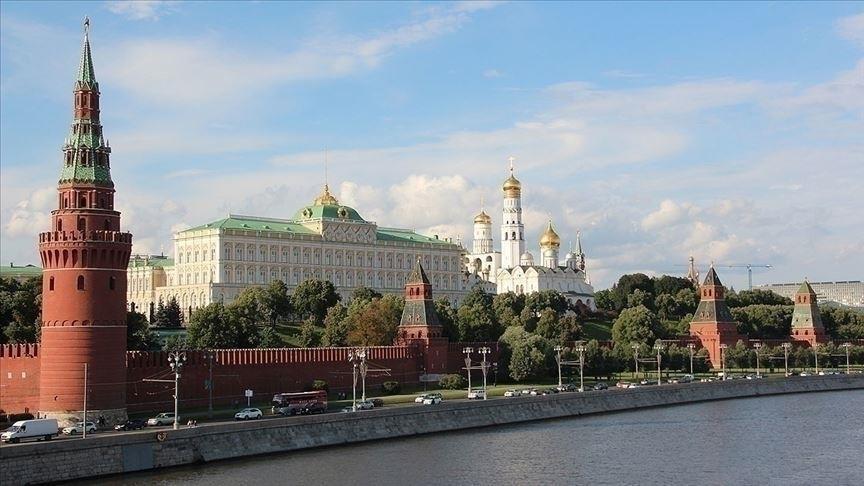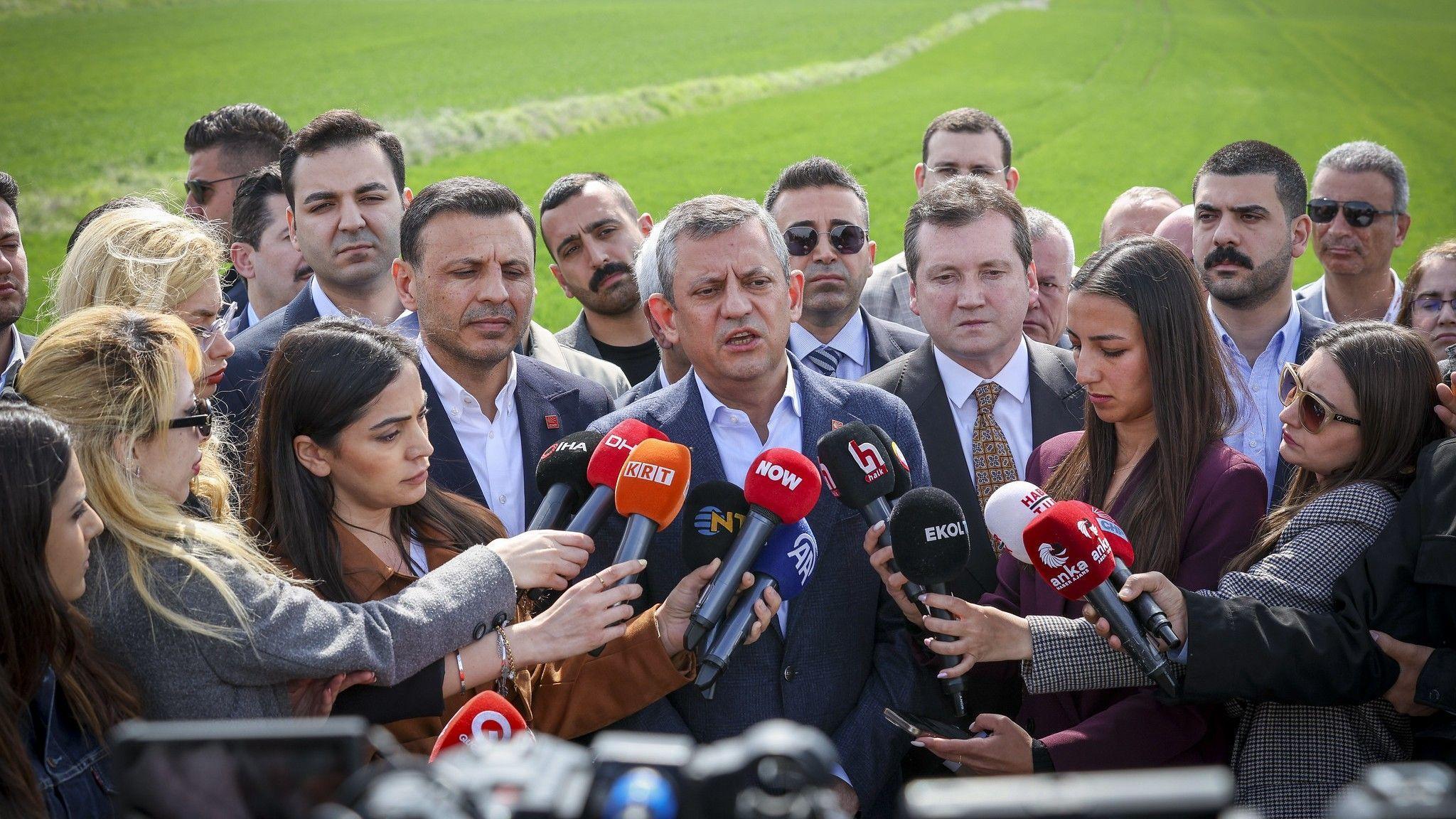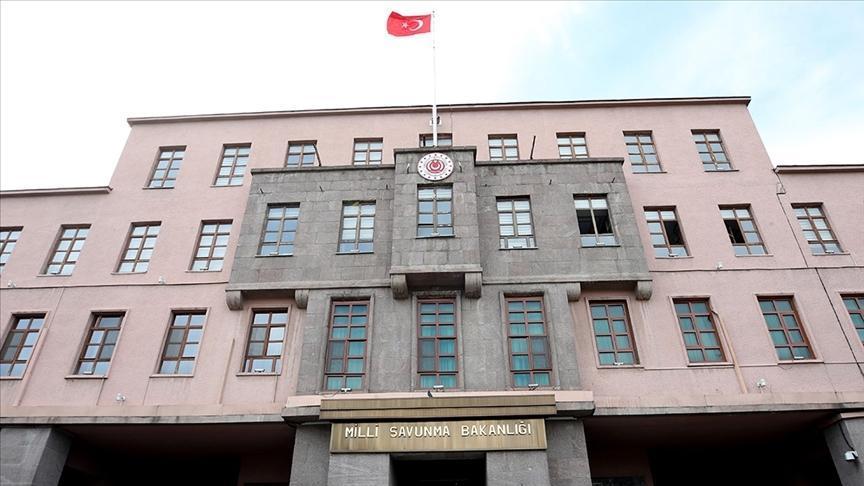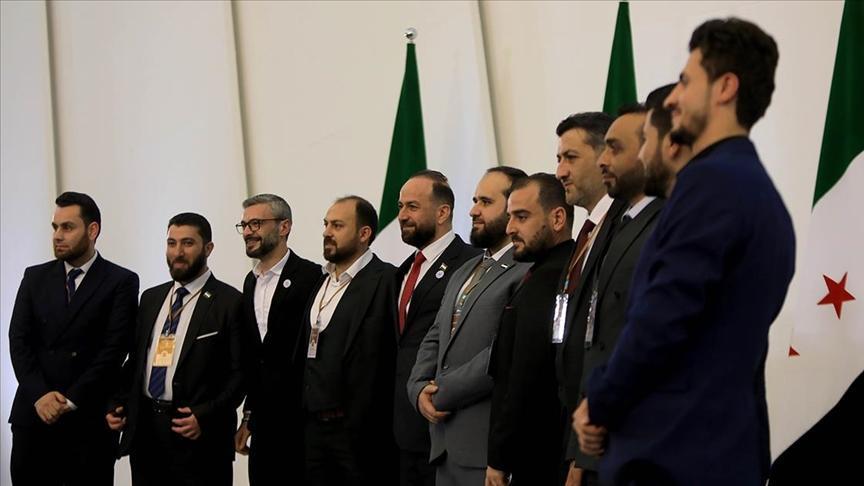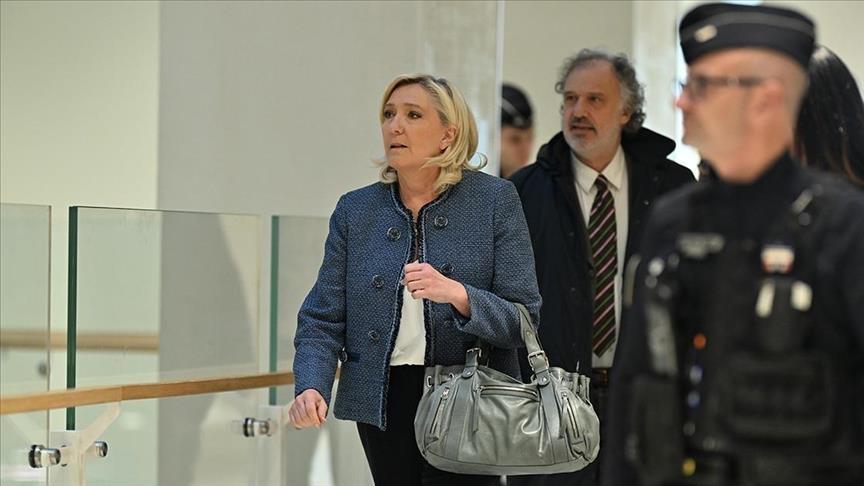Turkey to boost border security for visa deal with EU
ISTANBUL – Hürriyet Daily News
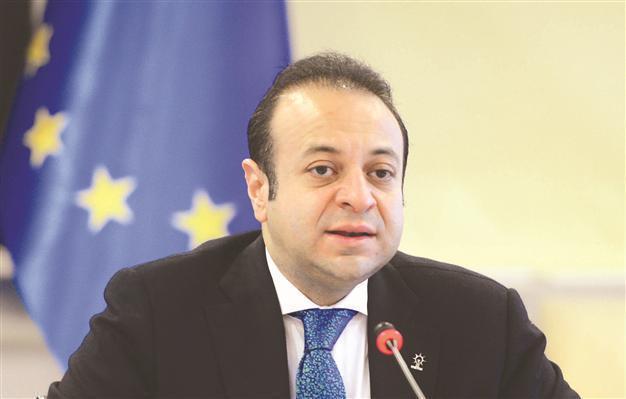
Speaking at a panel in Istanbul on Dec. 14, Turkish EU Minister and Chief Negotiator Egemen Bağış denied that Turkey would become a “heaven of illegal migrants.” AA photo
A long-awaited agreement that would allow Turkish citizens to access visa-free travel to European countries in around three years will be signed today.In return for the launching of visa exemption talks, Turkey will sign the Readmission Agreement, which will oblige it to accept illegal migrants crossing into EU territory via Turkey. Further details of the deal are set to be announced by Prime Minister Recep Tayyip Erdoğan.
Speaking at a panel in Istanbul on Dec. 14, Turkish EU Minister and Chief Negotiator Egemen Bağış denied that Turkey would become a “heaven of illegal migrants.” “The Readmission Agreement will first have to be ratified by Parliament. Its implementation will begin three years after its ratification. In the meantime, we will also increase our border security and establish a civilian border protection body. We will have to take substantial steps before we can fully implement the Readmission Agreement, and this will take time,” Bağış said.
EU Commissioner for Home Affairs Cecilia Malmstrom will sign the agreement on behalf of the EU and hold talks with Turkish Foreign Minister Ahmet Davutoğlu. The details of the Readmission Agreement and visa-exemption talks will be explained to the Turkish public through the website of the EU Ministry.
Turkey and the EU Commission have been negotiating over the agreement for the last two years. They were finally able to narrow their differences only after the Turkish government was assured that it could suspend implementation of the Readmission Agreement in the event that one of the EU member countries blocked the visa-free travel of Turkish citizens.
With the signing of the Readmission Agreement, Turkey will implement a comprehensive road map that would put the financial burden on Turkey’s shoulders. Apart from creating a civilian border security body, like the EU’s Frontex, Turkey will also have to establish shelters and facilities for migrants sent back by European countries. The cost of these institutions will be partially provided by EU funds, Bağış stressed on Dec. 14.
Turkey to keep its ‘geographical reservation’
“Providing the security for our borders is an issue we are working on regardless of our EU process. While 70,000 people illegally crossed Turkish borders in 2011, this number dropped to 35,000 in 2012 thanks to the measures we have taken on our borders,” he said.
Turkey has traditionally been a transit country for illegal migrants, but with its rising economy and improved life conditions and job opportunities, it has recently become a target country for migrants, Bağış said.
Turkey retains a geographical limitation to its ratification of the 1951 U.N. Convention on the Status of Refugees, the “Refugee Convention,” which grants refugee status only to those fleeing as a result of “events occurring in Europe.” As a matter of fact, this limitation saves Turkey from huge legal and political commitments in practice.
This is why Turkey considers the approximately 600,000 Syrians who fled civil war and found shelter on Turkish soil as “guests.”
A senior government official denied that signing the Readmission Agreement would oblige Turkey to remove its geographical reservations on the Refugee Convention, although this is something that the EU has long pressed for.
“There will be no change on our refugee policy,” the official underlined.
No change to Turkey’s visa regime
Another frequently asked question regarding the signing of the latest agreement is whether Turkey will align its visa policy with that of the EU and impose visa on countries in the Middle East, Africa, or anywhere seen as a potential source of illegal immigrants.
“We will align our policy when we accomplish our negotiations with the EU for the visa-free travel of Turkish citizens,” the government official said.
Turkey has signed visa-free travel agreements with more than a dozen countries in recent years.
Last month, in response to a parliamentary question, Foreign Minister Ahmet Davutoğlu stated that some 400,000 Syrians have officially entered the country through the visa-free regime. These Syrians live in 21 temporary sheltering centers in 10 Turkish provinces, along with the more than 200,000 Syrian refugees also residing in those centers.


